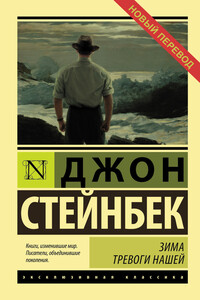Once there was a war | страница 44
So far, “Lilli” had been solely a German problem, but now the British Eighth Army began to take prisoners and among the spoils they got “Lilli Marlene.” And the song swept through the Eighth Army. Australians hummed it and fastened new words to it. The powers hesitated, considering whether it was a good idea to let a German song about a girl who did not have all the sterling virtues become the favorite song of the British Army, for by now the thing had crept into the First Army and the Americans were beginning to experiment with close harmony and were putting an off-beat into it. It wouldn’t have done the powers a bit of good if they had decided against the song.
It was out of hand. The Eighth Army was doing all right in the field and it was decided to consider “Lilli Marlene” a prisoner of war, which would have happened anyway, no matter what the powers thought about it. Now “Lilli” is getting deeply into the American Forces in Africa. The Office of War Information took up the problem and decided to keep the melody, but to turn new words against the Germans. Whether this will work or not remains to be seen. “Lilli Marlene” is international. It is to be suspected that she will emerge beside the barrack walls—young and fair and incorruptly inconsistent.
There is nothing you can do about a song like this except to let it go. War songs need not be about the war at all. Indeed, they rarely are. In the last war, “Madelon” and “Tipperary” had nothing to do with war. The great Australian song of this war, “Waltzing Matilda,” concerns itself with sheep-stealing. It is to be expected that some groups in America will attack “Lilli,” first, on the ground that she is an enemy alien, and, second, because she is no better than she should be. Such attacks will have little effect. “Lilli” is immortal. Her simple desire to meet a brigadier is hardly a German copyright. Politics may be dominated and nationalized, but songs have a way of leaping boundaries.
And it would be amusing if, after all the fuss and heiling, all the marching and indoctrination, the only contribution to the world by the Nazis was “Lilli Marlene.”
WAR TALK
LONDON, July 13, 1943—It is interesting to see that the nearer one comes to a war zone the less one hears of grand strategy. There is more discussion of tactics and the over-all picture in the Stork Club on a Saturday night than in the whole European theater of operations. This may be, to a certain extent, because of a lack of generals to give the strategists a social foundation. For that matter, there are more generals in the Carlton Hotel in Washington at lunch time than in all the rest of the world.






